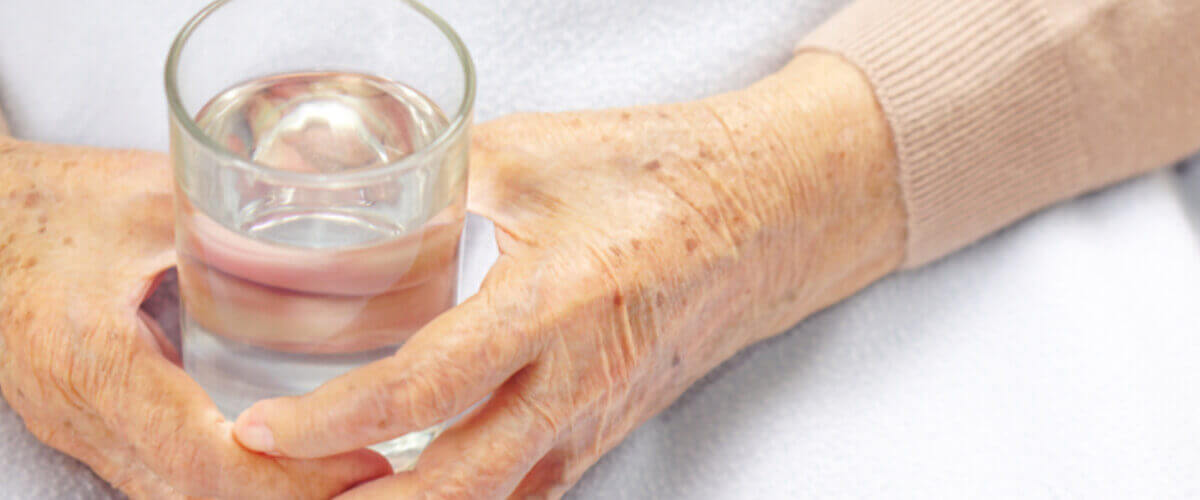92 percent of the blood in the body, 22 percent of the bones, 75 percent of the brain and muscles are made up of water. The water content of your body varies according to age, gender, height, body weight and physical activity.
As the age progresses, water begins to be replaced by adipose tissue. For this reason, it is necessary to consume more water as the age progresses. This rate, which is 60 percent in adults, goes down to 50 percent in the elderly. The amount of fluid to be consumed in the elderly does not change. Approximately 2 and a half liters of water is lost daily in order to remove toxins accumulated in the body and to maintain the body's heat balance. The kidneys need the help of water to filter toxic waste from the body. For this reason, the more water you drink, the better the kidneys can perform. In the presence of excess water in the body, the kidneys work optimally and remove harmful substances with excess water. When the body's water intake is reduced or absent, the body retains water and urine production decreases. In this case, the function and function of the kidneys are weakened. "
When the kidneys start to work less, harmful wastes can accumulate in the body and this affects health negatively. Young people can return to their former health by consuming plenty of water in kidney problems. If a person has a disease such as kidney disease, diabetes, hypertension, the damage to the kidneys of being dehydrated can be greater. The risk is higher in the elderly and the kidneys do not work as before.
Water consumption in the elderly, in order to minimize the negative situation, elderly people should consume plenty of water in order not to lose water and to minimize the problems in the kidneys.
In order to gain a regular water consumption habit, you can set routines for yourself, keep a glass bottle on your table or close to you, so you can constantly remember your water consumption.

